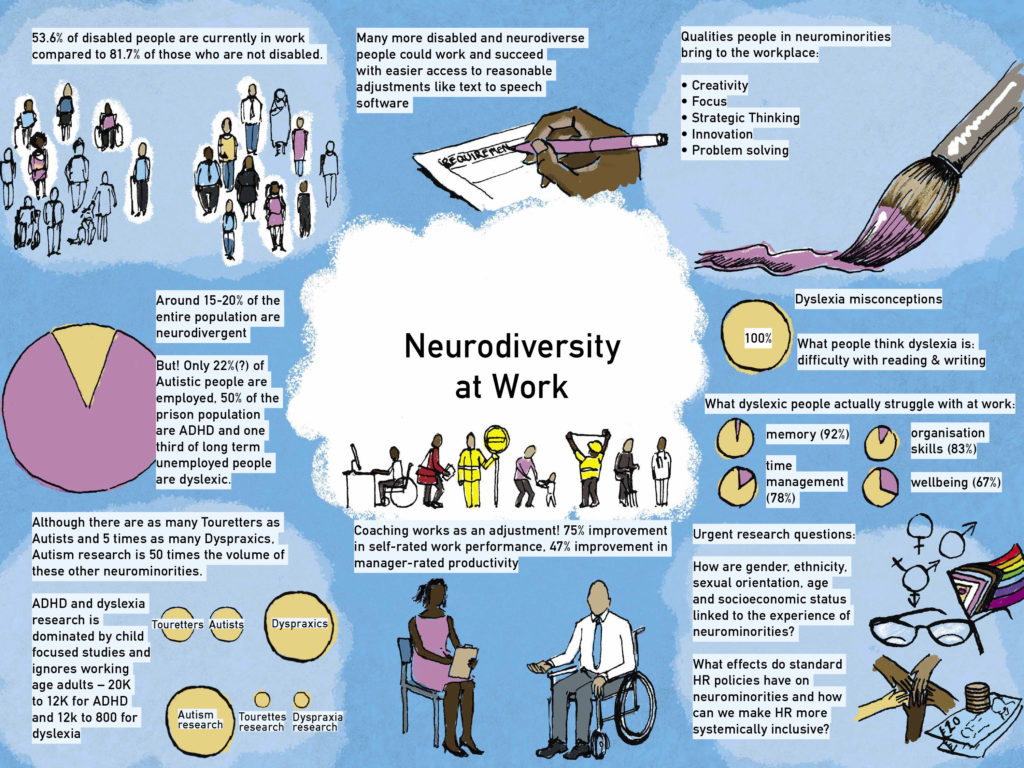Dr Libby Drury, Senior Lecturer in Organizational Psychology, shares the latest findings on the impact of age-diverse friendships on employee satisfaction and advice for managers on nurturing this relationship.

If you’ve ever referred to a colleague as your ‘work mum’, or found yourself at a multi-generational office party, you’ll be familiar with the way in which the workplace facilitates age-diverse friendships.
With an ageing population and retirement ages inching ever-upwards, age gaps between employees are becoming larger. This poses a new challenge for organisations to manage the relationships between employees of different ages.
Together with Dr Ulrike Fasbender, University of Hohenheim, Stuttgart, I sought to understand the possible positive and negative impact of age-diverse workplace friendships on job satisfaction and how managers could support employees in navigating this unique relationship. This research was partly supported by The British Academy [No. VF1\100674].
We surveyed 93 pairs of age-diverse co-workers to gain a greater understanding of how their friendship impacted their motivation, job satisfaction and intentions to stay with their organisation.
What are the benefits of age-diverse friendships in the workplace?
Our research found that age-diverse friendships had a positive effect on employees’ motivation to cooperate.
The reason for this is rooted in Self Expansion Theory, which states that close relationships allow people to expand the self by psychologically claiming another person’s resources, perspectives and identities as one’s own. When people form meaningful friendships, the self and the other are perceived as one.
In the case of age-diverse workplace friendships, employees may view the successes or failures of befriended colleagues as their own, so they are more motivated to work together to achieve mutually beneficial outcomes.
When age-diverse friendships lead to conflict
While age-diverse friendships support intergenerational cooperation, they also generate conflict when there are incompatible demands between the formal role of being an employee and the informal role of being a friend. This is particularly relevant for age-diverse friendships at work, where employees of different ages may possess a different status in the organisation.
This interrole conflict is linked to reduced job satisfaction and increased intentions to look for other roles elsewhere.
What does this mean for managers?
Our findings show that there are both positives and negatives associated with age-diverse workplace friendships. On the one hand, such friendships boost motivation and cooperation, but the conflicting role identities of colleague and friend can put added pressure on employees, thus contributing to higher turnover.
It is therefore important for managers to provide opportunities for age-diverse workplace friendships to develop and to put support in place to prevent interrole conflict. For example, managers could:
1. Demonstrate support for workplace friendships
Showing tolerance for visits and informal conversations between employees could support workplace friendships to develop. Organisations could also provide social spaces, such as informal seating in common areas or designated break rooms where employees can interact. They could also arrange gatherings for age-diverse employees to interact informally, such as celebrations of work achievements.
2. Redesign formal organisational structures to foster collaboration between age-diverse employees
Consider how jobs could be assigned to age-diverse employees to lead to opportunities for collaboration and friendships to develop.
A good starting point would be to design projects where age diverse colleagues complete individual tasks in line with an overall common goal, then collectively pool task outcomes and synthesise the knowledge gained. Interacting at a deeper level during interdependent tasks helps age-diverse colleagues develop an appreciation of their deeper level similarities.
3. Protect against interrole conflict
It is essential for organisations to mitigate against interrole conflict to avoid the negative associations of age-diverse friendships with job satisfaction and turnover intentions.
To do this, organisations could provide resources to allow employees to more successfully juggle their interrole conflict. They could also provide clarity and guidance via the organisations’ policies to guide employees in the dos and don’ts of age-diverse friendships at work.


